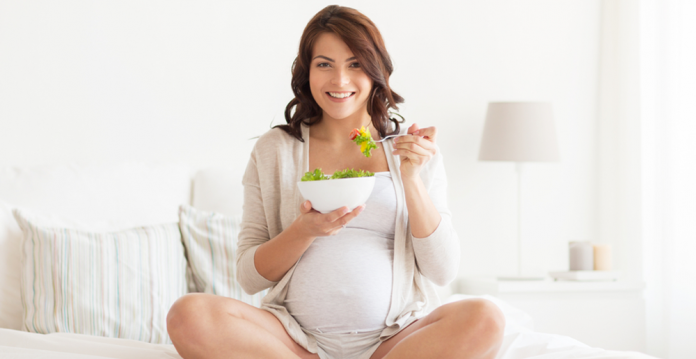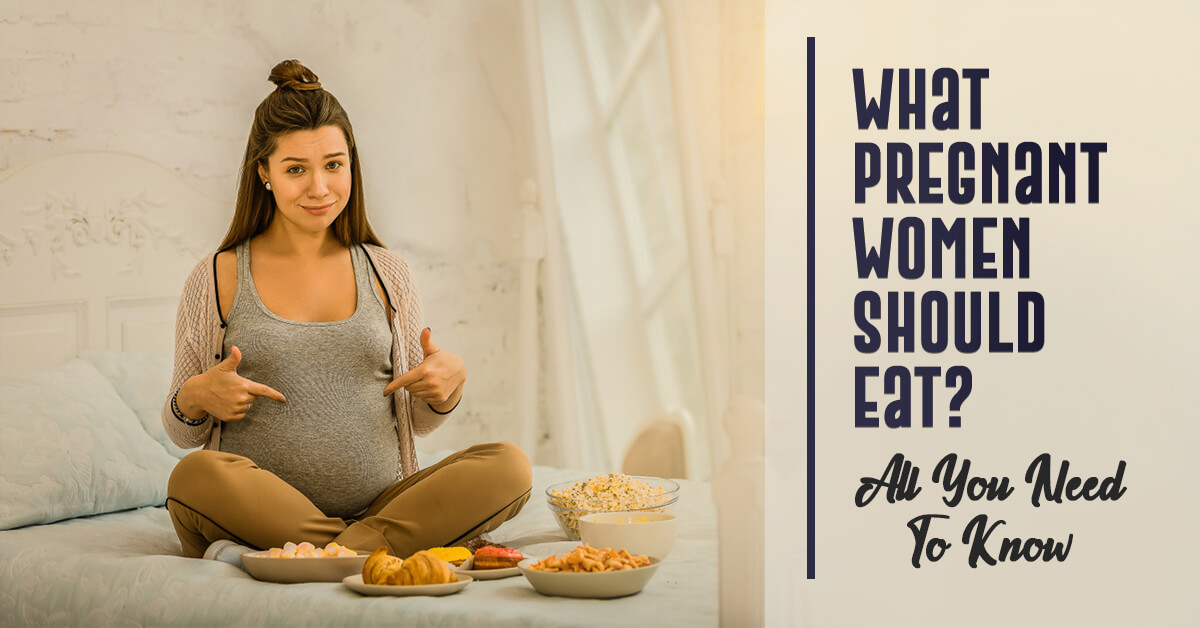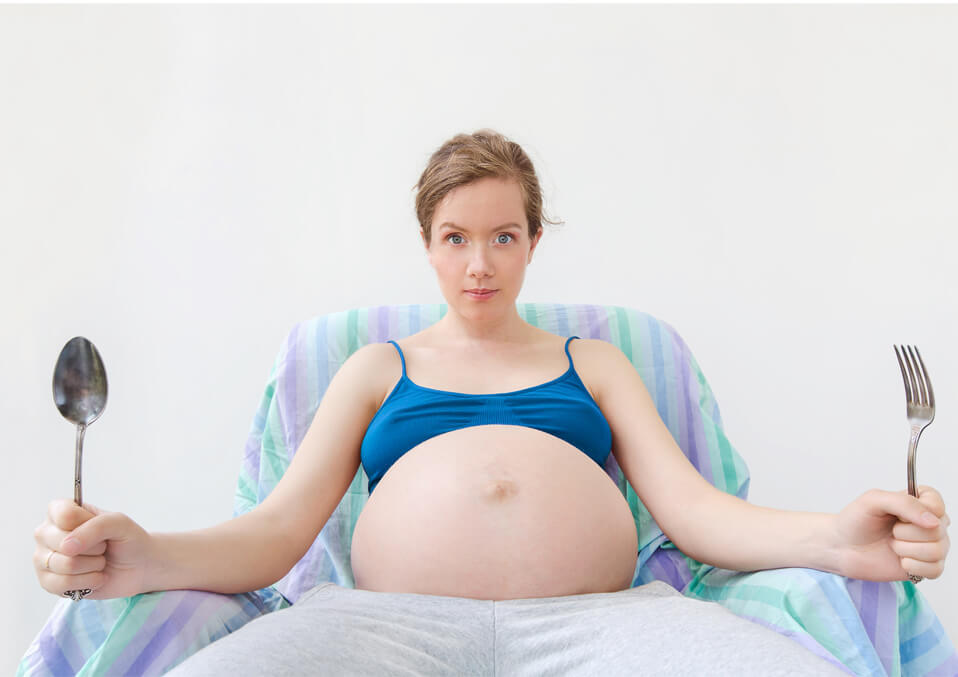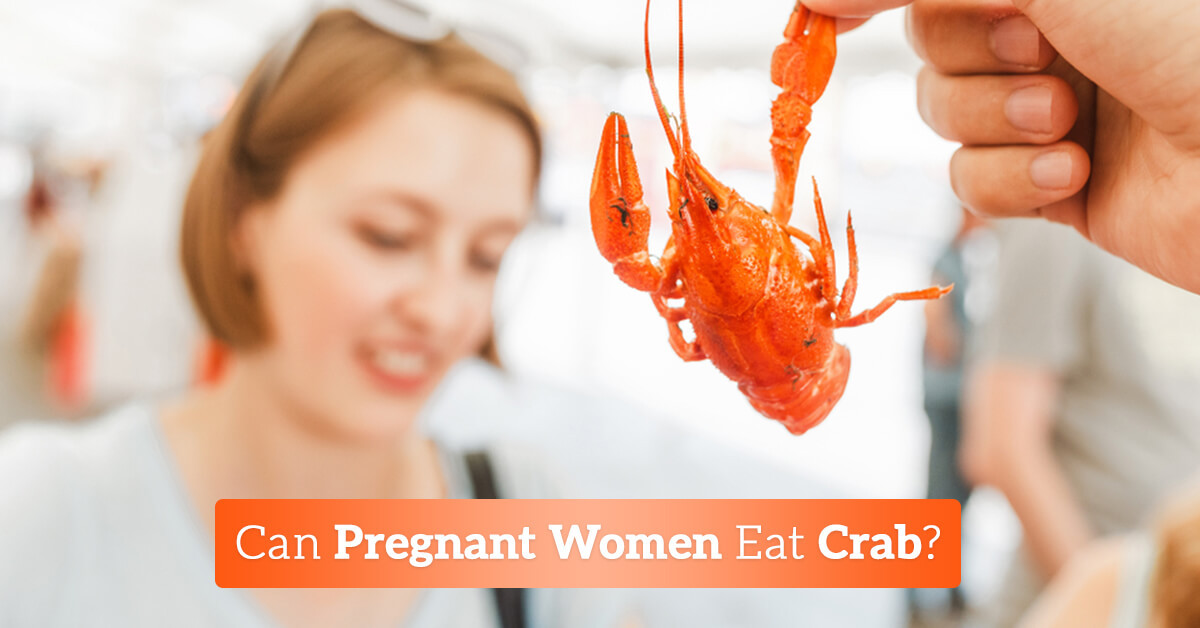What does it mean to eat when you are pregnant? When it comes to pregnancy diet, it is not about limiting calories or losing weight. Weight-loss diets during pregnancy can hurt you or your kid, particularly as diets may block considérable nutrients such as folic acid.
For your convenience, we offer a wide range of consumer goods such as Atkins, South Beach, Zone, Raw Food and more.
The types of diets we offer during pregnancy, this means increasing your diet to ensure that you get enough nutrients for your health and your baby. A healthy diet during pregnancy is critical to the improvement and development of your baby. In order to receive the necessary nutrients, you need to consume a variety of food groups: vegetables and fruits, cereals and bread, protein sources.
In general, you need to consume an additional 300 calories per day.
Food Groups
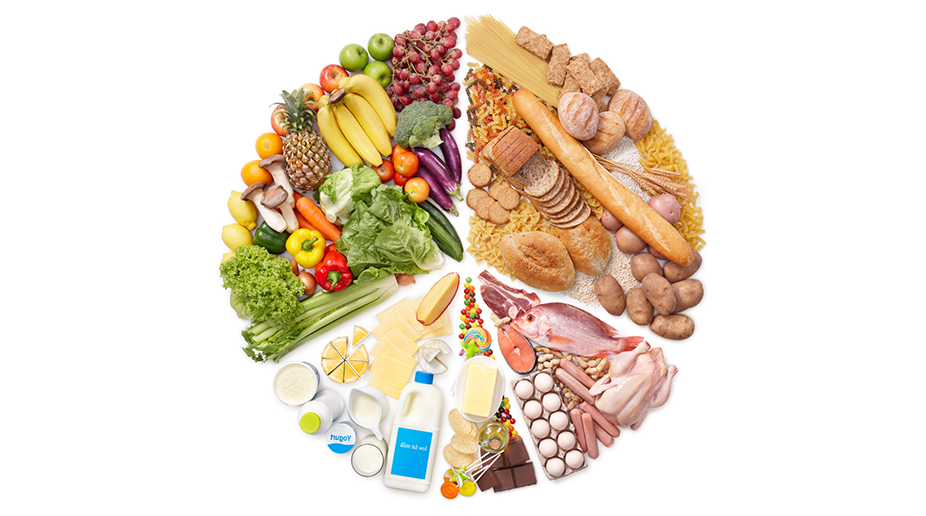
Always important to eat different foods throughout the day to ensure you get the nutrients you need and your baby needs. Here you will find an overview of the recommended food groups and sources for a healthy diet during pregnancy.
Vegetables and fruit: vegetables and fruit contain many important nutrients for pregnancy, such as Vitamin C. Pregnant women need at minimum 70 mg of Vitamin C per day for fruits such as honeydew, oranges, grapefruit, broccoli, Brussels sprouts, and tomatoes.
0.4 mg of folic acid per day is recommended to avoid defects of the nerve tube. The source acid folic is a vegetable with dark green leaves. You can drink at least 2-4 servings of fruit and 4 servings of vegetables per day.
Grains and Breads
The main source of power during the contains is the main carbohydrate in bread and cereal. Grain and food provide nutrients important such as iron, B vitamins, fiber, and also protein. A number of acid folic required may be found from the cereal and bread.
Depending on your weight and diet, you can take 6 to 11 portions of bread or cereal daily.
Protein
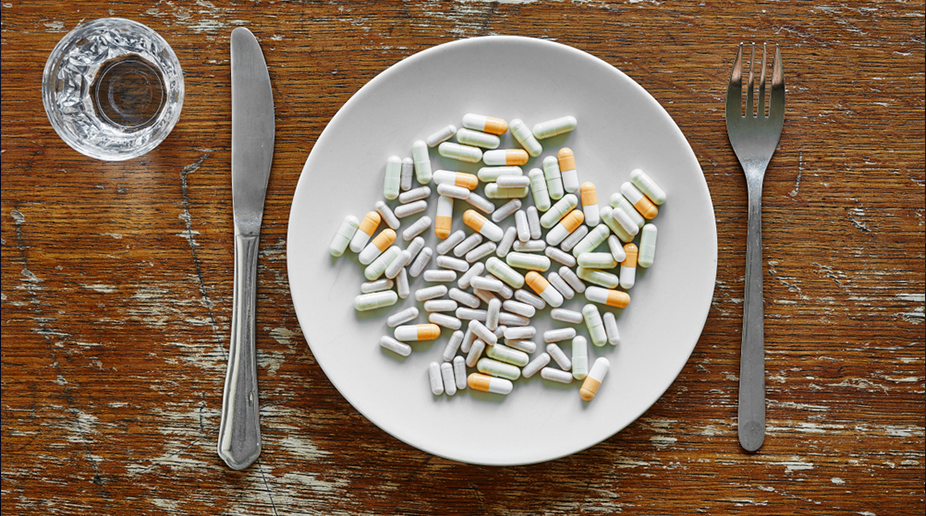
Meat, fish, beans, and eggs hold the protein, and vitamins required for pregnancy. Your growing baby needs a lot of protein, especially in 2 and 3 trimesters. Iron provides the child with oxygen, carries oxygen to the muscles, weakness, prevents fatigue, irritation, depression, and other symptoms.
The US RDA prescribes approximately 27 mg per day. Chicken, lamb, red meat, liver, and veal are a good choice. According to the guidelines, fish and other seafood can be a good food option for pregnant women. Fish with an unusually high quantity of mercury should be kept at a strategic distance of 10 cm you should eat at least 3 portions of protein per day.
Dairy Products
You need at least 1000 mg of calcium to support pregnancy. Calcium plays an essential role in the strength of teeth and bones, muscle function, normal blood clotting, and nerve. The growth of your baby indicates a significant amount of calcium, so your body doesn’t absorb calcium from your bones if you take in enough from your diet (this is a future Problem, For example, it causes osteoporosis.
Good origins of Calcium are yogurt, milk, cheese, Pudding, and cream soup. There are also green vegetables, seafood, beans and calcium from dried peas. You can eat at a minimum of 4 servings of dairy products per day.
Accompaniment to Nutrition
The main source of nutrients and vitamins that are needed while pregnancy should be your diet. Perinatal vitamin production, in order to close small gaps. Important nutrient ideas, in this case, prenatal vitamins should be taken within 3 months of conception.
Ask your doctor which dietary supplements are suitable for you.
Keep in mind that prenatal vitamins and other supplements can only supplement good nutrition during pregnancy.
Related articles :
- Most Asked Questions About Morning Sickness By Pregnant Women
- A Perfect Food Guide for Pregnant Ladies
- Your Baby’s Food is Your Baby’s Fuel!
Daily Menu (Diet Tips)
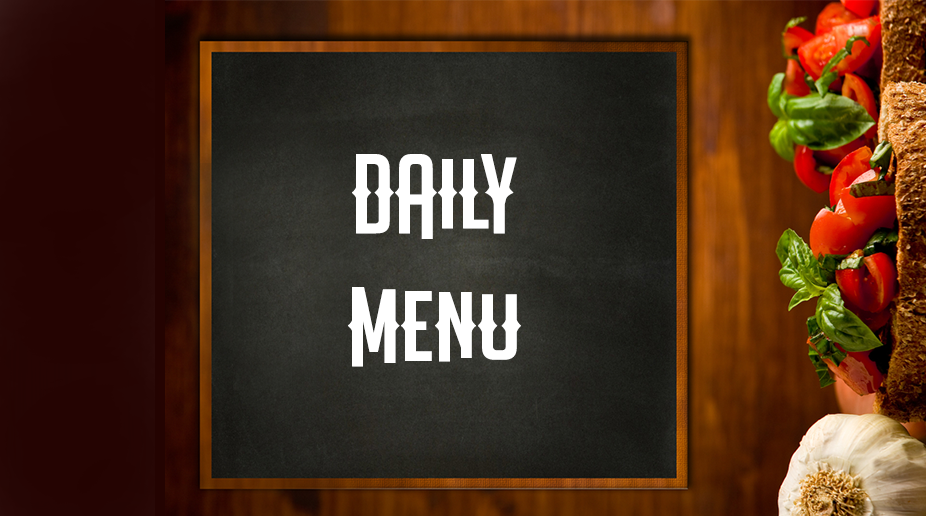
Examples from the menu below suggest that pregnant women usually need 1 day to eat healthy during pregnancy. 3 small meals, 1 balanced meal in 1 Day, 3 snacks are the basic rules that are good for your baby and your nutritional needs.
Snack: low-calorie dip and Raw veggies.
Snack: low-fat frozen yogurt or new natural fruit.
Dinner: 4 oz chicken, 1 cup skim milk, 1 cup of rice, 1 cup veggies.
Snack: grapes, 1 cup yogurt.
Lunch: Turkey and cheese sandwich on entire wheat bread, small bag potato chips, and 1 cup skim milk, pear.
Breakfast: banana, 1 slice entire wheat toast, 2 tsp jam, 1 cup skim milk, Oatmeal cereal.
Read Also :
Five Reasons You Should Try a Bikini During Pregnancy
Seven Beautiful Pregnancy Prayers For a Healthy Baby and Journey
WOMEN STICK TOGETHER, SHARING IS CARING!

